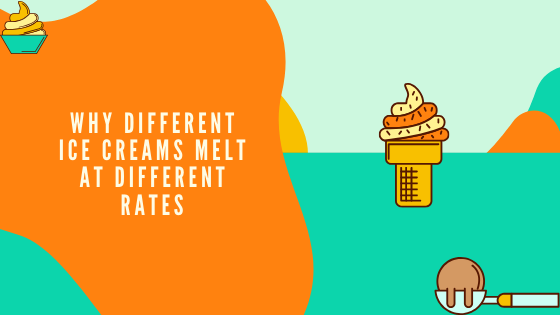Fat Facts: Why Fats and Oils make our food so much better?

Some people think that fat is a black sheep in the family of foods, while for others it is the golden goose. It all depends on what and how much you know about them. What are Fats and Oils? In scientific parlance, fats are referred to as triglycerides, a.k.a esters of three fatty acid units attached to a molecule of glycerol. Did too many scientific terms confuse you? Let’s look at this another way. There’s a human named Wand - made from long chains of carbon, hydrogen and oxygen molecules. Wand is an alcoholic, but a very picky one. Once Wand is near his choice of alcohol- the sweet tasting alcohol called glycerol- the strong affinity unites them and together they become fat. Why are fats and oils so essential to cooking? Excellent carriers of flavours If you are an Indian or cook Indian food, you may have heard of the terms ‘Tadka’ (also sometimes spelt as ‘Tarka’) and ‘Chhaunk’. It is a process where oil is heated in a pan and then, spices are added (ac...

